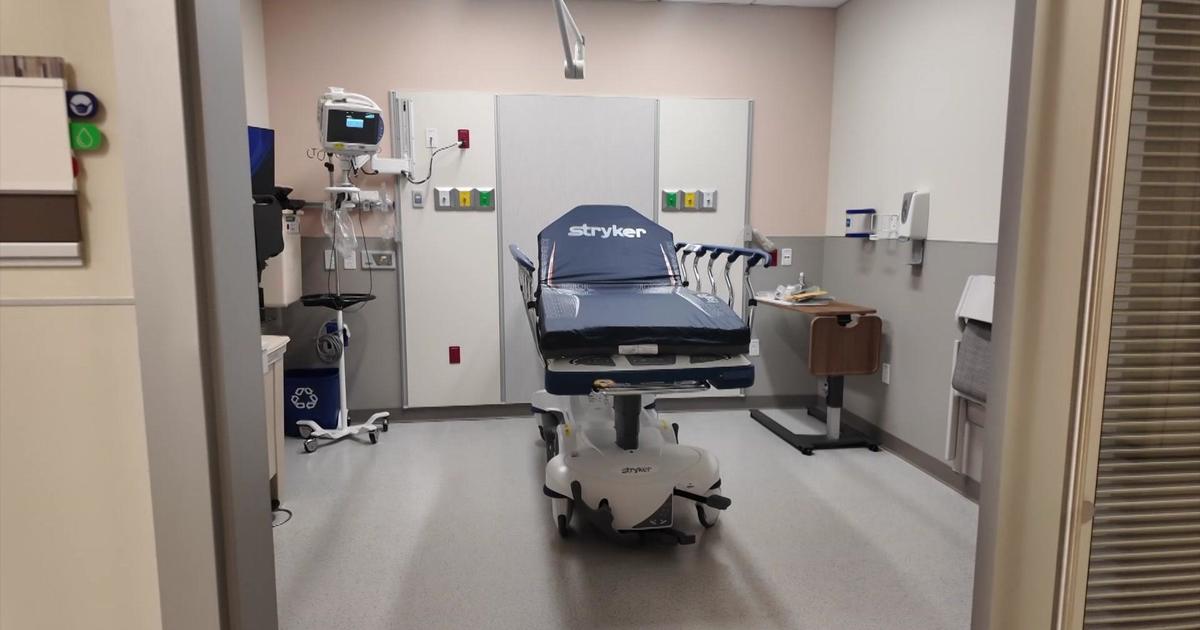HealthWatch: Vision Loss
NEW YORK (CBS 2) -- There's a little-known health problem that can afflict young, overweight women and cause vision loss and blindness. Its a condition that mimics having a brain tumor but the real problem is too much pressure in the head.
Here's what happens and what you can do about it, Dr. Max Gomez reports.
"I started experiencing severe headaches and very blurred vision. So I visited a bunch of ERs and was given a lot of medication but then my eyes started to cross," said Devon McKnight, 32.
That was when she was in college. When doctors looked in her eyes, they saw something that could be a sign of a brain tumor. The optic nerve at the back of her eye was swollen.
"It was pretty scary. It was hard to see and to walk," she said.
Brain scans and a spinal tap ruled out the really bad things like tumors. The diagnosis was something called idiopathic intracranial hypertension, meaning Devon had too much spinal fluid in her head and the pressure was squeezing her optic nerve, causing the vision loss.
"We think that there might be increased spinal fluid production, or there may be decreased re-absorption of the normal circulation of spinal fluid in the head, so that the pressure builds up," said Dr. Mark Kupersmith of St. Luke's-Roosevelt Hospital.
Medication and weight loss took care of the problem but then over the next eight or nine years, Devon put the weight back on, plus some.
"My vision started blurring and then blacking out," said Devon said.
Dr. Kupersmith has seen thousands of patients with this condition. "This is a disorder of predominantly young women, and almost all of them are overweight. I think that as the population gets heavier and the obesity rate goes up, we're goning to see a real epidemic of this disorder."
This time medication didn't work for Devon and she was losing vision quickly so she ended up having a shunt placed in her brain to drain off excess fluid.
But no one really knows what the best treatment is, so Dr. Kupersmith is leading a nationwide study to compare high dose diamox, a drug, to a placebo. Both groups will also get a weight loss program.
Either way, Devon learned her lesson. "It took some time for my vision to come back and there was some permanent damage to my optic nerve in my right eye. So it will never be perfect again but I do really well, I can drive, do everything."
Devon also said she learned her lesson and is working at losing her excess weight and keeping it off. Now clearly, not every overweight person develops this problem, but the incidence seems to be going up along with our national waistline.
So if you needed another reason to lose weight, how about not losing your eyesight?


